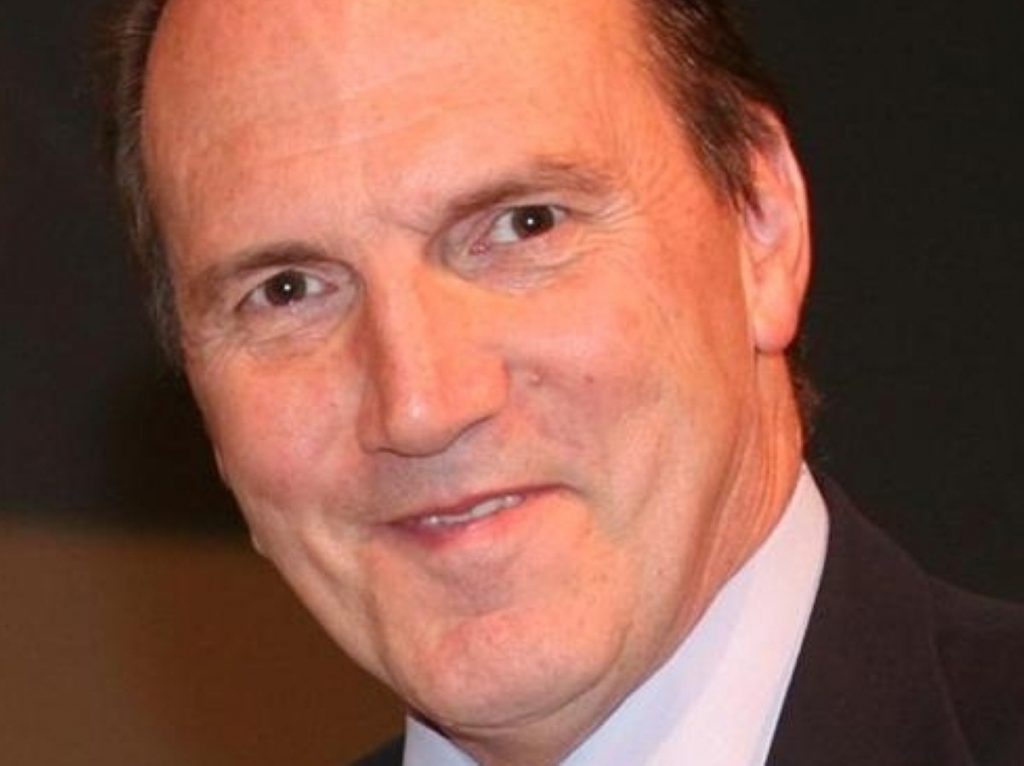Hughes wins fight to become deputy Lib Dem leader
By politics.co.uk staff
Simon Hughes has beaten off rival Tim Farron to become deputy Liberal Democrat leader.
The prominent figure, who is firmly on the left of the party, took 38 votes from the party’s 57 MPs. One MP abstained.
The Bermondsey MP is by far the most senior figure in the party to have been excluded from the coalition government.


Nick Clegg was thought to favour a more left wing candidate so the grassroots of the party would feel its voice was represented despite the prominence of ‘Orange booker’ Lib Dems in the coalition government.
The position will call for Mr Hughes to adopt a similar approach to his work as Graham Brady, who was recently made chairman of the backbench Tory 1922 committee. Both roles will see the men take the concerns of MPs to the leadership as Mr Clegg and David Cameron navigate the choppy waters of coalition government.
“It is an honour and a privilege for me to follow Vince Cable as the new deputy leader of the Liberal Democrats. This is not a responsibility I will ever take lightly,” Mr Hughes said.
“I will fight every day for the principles which underpin our party: fairness, freedom, openness, equality, stewardship of our environment and standing up for those who cannot stand up for themselves.
“I will work tirelessly with Nick Clegg and all other Liberal Democrats to help liberal democracy blossom and flourish throughout the land.”
Mr Clegg said: “I am delighted Simon has been elected as deputy leader.
“Simon has been a huge figure in the Liberal Democrats for decades. He’s a tireless campaigner, a relentless fighter for the vulnerable and marginalised in our society, and one of the hardest-working MPs parliament has ever seen.
“There are huge challenges and opportunities ahead for our country and our party, but with Simon by my side I am sure that we can meet those challenges and work to build a fairer, more equal Britain.”
The deputy leadership election was triggered by the resignation of business secretary Vince Cable.
His decision to focus on the “work in hand” in fostering economic recovery from the recession within government appeared to tally well with speculation he is not as comfortable as Nick Clegg with working with the Conservatives.
Dr Cable’s resignation opened up an opportunity for the Lib Dems to choose a deputy leader who would act as a counterweight to the coalition government, into which the party is now wedded for the next five years.
Mr Hughes has previously served as the Lib Dems’ party president but has twice failed in leadership bids.

